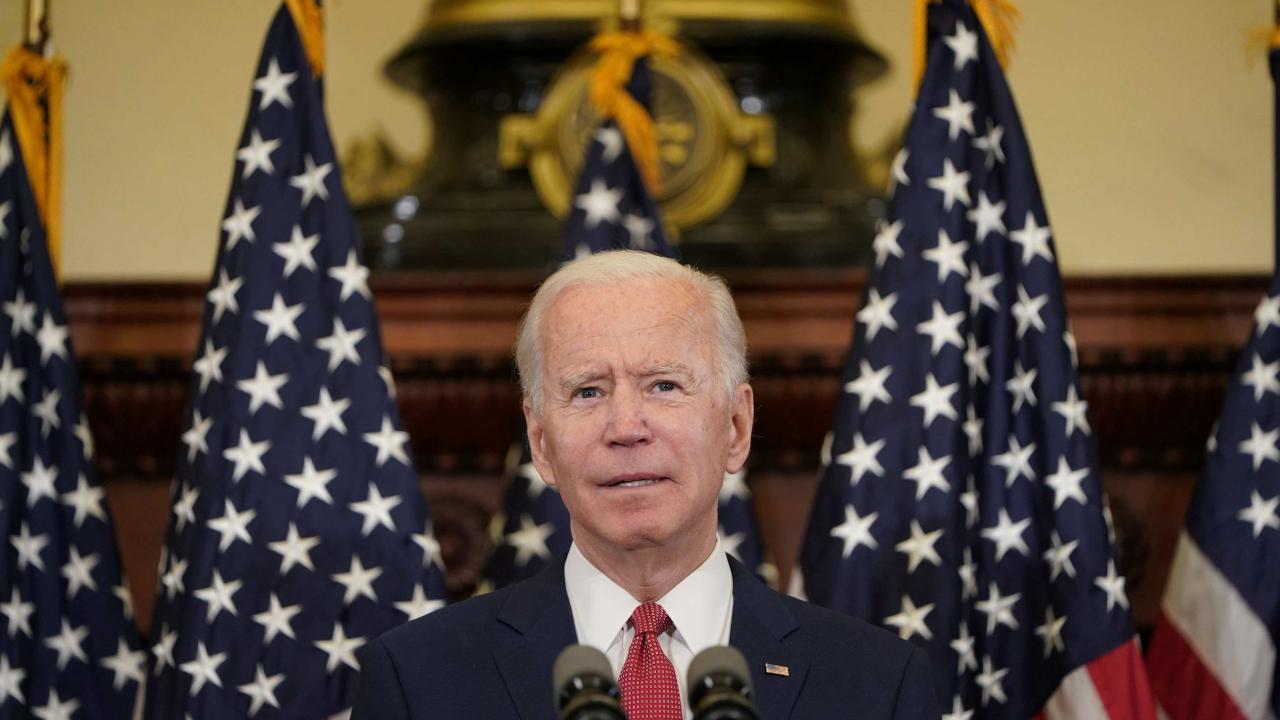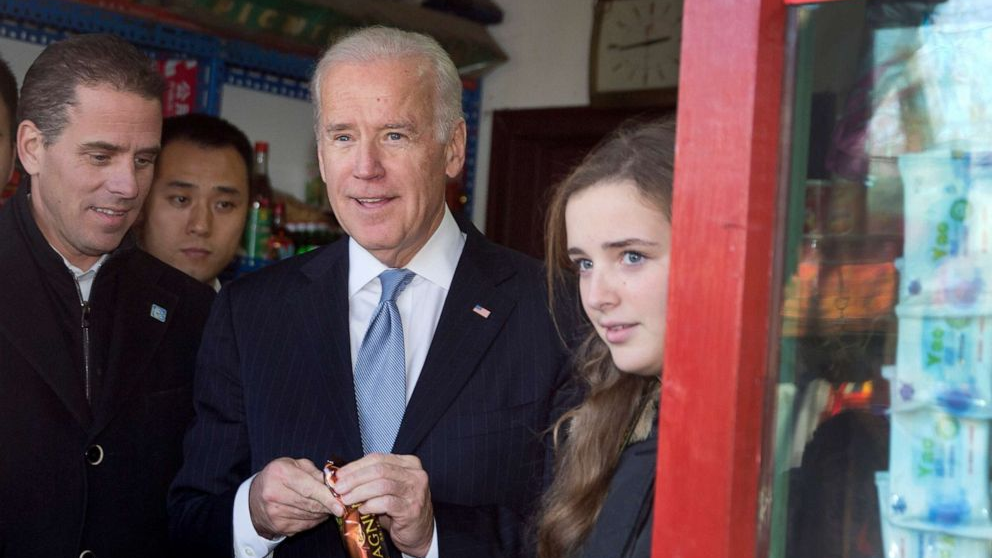
Editor's note: Joseph S. Nye, Jr. is former dean of Harvard University's John F. Kennedy School of Government and the author of "Do Morals Matter? Presidents and Foreign Policy from FDR to Trump". The views expressed in the interview are his and not necessarily those of CGTN.
CGTN: In your soft power concept, you said soft power is the ability to influence others through attraction rather than coercion or payment. While Trump was good at using hard power, with Biden at the helm, how will you judge his ability to use soft power? Can he regain trust at home and abroad?
Joseph S. Nye: Trump never understood soft power. It was outside his frame of reference. His budget director said they wanted to invest in hard power and cut funds for the State Department. Biden has long experience in international affairs and understands the importance of soft power. Though it may take some time, I think he will be able to restore trust at home and abroad.
CGTN: Biden has rejoined many international institutions since taking office. What's your take on Biden's actions?
Nye: Trump foolishly withdrew from the Paris climate accords and the World Health Organization. One of Biden's first actions was to return to both. This is good both in substance and for America's soft power image.
CGTN: You introduced the concept of smart power as a combination of hard and soft power, which has been popularized by former Secretary of State Hillary Clinton in international relations. Do you think this concept applies to Biden's dealings with China? How will it go?
Nye: Neither hard nor soft power alone is as effective as their combination in smart power. I hope that both the U.S. and China will understand that in their relationship. Obviously, there will be strategic competition in hard power in places like the South China Sea, but our overall relationship is what I call cooperative rivalry or others have called competitive coexistence. It is important not to forget the cooperative dimension of the relationship and that is easier to maintain if there is a soft power aspect.

Joe Biden (C), then U.S. vice president, buys ice cream at a shop as he tours a hutong with his granddaughter Finnegan Biden (R), and son Hunter Biden (L), in Beijing, China, December 5, 2013. /AP
Joe Biden (C), then U.S. vice president, buys ice cream at a shop as he tours a hutong with his granddaughter Finnegan Biden (R), and son Hunter Biden (L), in Beijing, China, December 5, 2013. /AP
CGTN: In one article on "Foreign Policy," it's said that the Biden administration should give up on efforts to bully China into submission but instead gain an edge through a contest of power backed by principle. What's your take on China-U.S. competition?
Nye: China is too big to bully, but as Henry Kissinger has said, a stable order depends on both a balance of power and legitimacy. That is power backed by principle.
CGTN: In your book "Do Morals Matter? Presidents and Foreign Policy from FDR to Trump," you assessed the policies of different U.S. presidents. While Trump took a tough stance on China, the Biden administration has shown its willingness to approach relations with China with "patience." Do you think Biden will reverse Trump's China policy? Why or why not?
Nye: Trump was clumsy in his dealings with China, but there is a bipartisan feeling in Washington that China did not practice reciprocity. This suggests that Biden will retain some of the tough aspects of Trump's policy, but in a more predictable and polite manner, combined with a willingness to cooperate on common interests like climate and pandemics where Trump failed.
CGTN: The new president is reportedly keen to repair U.S. ties with its EU allies and pay more attention to Asia. Will America revitalize the transatlantic relationship and the Asia pivot strategy? Do you think the U.S. and the EU will formulate a common strategy against China?
Nye: Biden has expressed his commitment to NATO and his interest in restoring the damage that Trump created in relations with the EU. He is also likely to discuss with the Europeans the need for a common view on China's economic activities, and the importance to strengthening a rule-based system.
(If you want to contribute and have specific expertise, please contact us at opinions@cgtn.com.)

